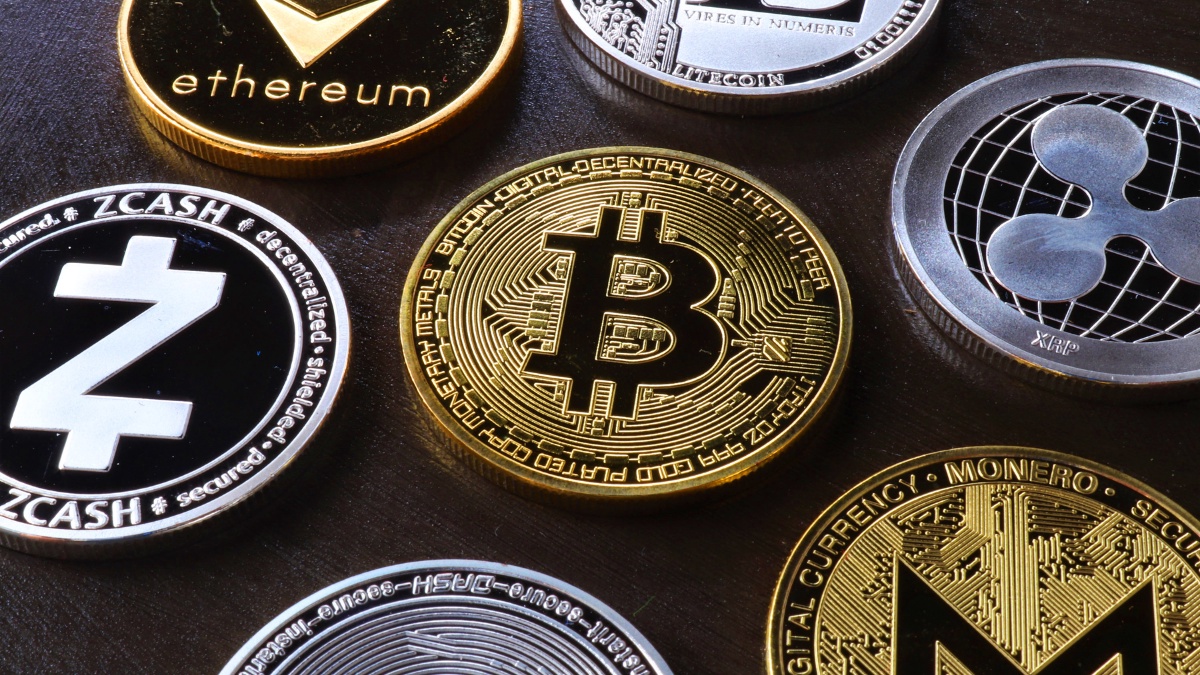In the vast and ever-evolving landscape of blockchain technology, the creation of tokens has become a pivotal aspect. Whether it's for fundraising through initial coin offerings (ICOs), powering decentralized applications (dApps), or facilitating transactions within a specific ecosystem, tokens serve various purposes within the blockchain realm. However, the process of token development requires proficiency in specific programming languages tailored to the blockchain environment.
In this guide, we'll delve into the world of token development and explore the programming languages best suited for creating tokens. From the established giants to the emerging contenders, let's navigate through the languages that empower developers to craft robust and efficient token systems.
Understanding Token Development
Before delving into the programming languages, it's crucial to grasp the fundamentals of token development. Tokens are digital assets built on blockchain platforms, representing value or utility. They can be fungible (such as cryptocurrencies) or non-fungible (unique digital assets like collectibles). Token development involves creating smart contracts – self-executing contracts with the terms of the agreement directly written into code – on blockchain platforms like Ethereum, Binance Smart Chain, or Solana.
Solidity: The Go-To Language for Ethereum Tokens
Ethereum, renowned for its smart contract capabilities, has solidified its position as a leading blockchain platform for token development. Solidity, a high-level language specifically designed for Ethereum smart contracts, is the go-to choice for creating tokens on this platform. With its syntax resembling that of JavaScript, Solidity simplifies the process of writing smart contracts, making it accessible to developers with web development backgrounds.
Solidity's rich feature set includes support for inheritance, libraries, and complex user-defined types, enabling developers to implement intricate token functionalities efficiently. Additionally, Ethereum's vast developer community and extensive documentation resources further bolster Solidity's appeal, making it an indispensable tool for token creators in the Ethereum ecosystem.
Rust: Empowering Token Development on Solana
Solana, known for its high throughput and low transaction costs, has emerged as a promising blockchain platform for token development. Rust, a systems programming language renowned for its performance, safety, and concurrency features, is gaining traction as the preferred choice for building smart contracts on Solana.
Rust's memory safety guarantees and emphasis on zero-cost abstractions make it well-suited for developing secure and efficient smart contracts, crucial for handling the complexities of token systems on Solana's rapidly growing network. Moreover, Solana's seamless integration with Rust through its Solana Software Development Kit (SDK) streamlines the token development process, empowering developers to harness the full potential of this blockchain platform.
Vyper: Enhancing Security in Ethereum Token Development
While Solidity remains the dominant language for Ethereum smart contracts, Vyper has emerged as an alternative with a focus on simplicity and security. Developed with an emphasis on auditability and language clarity, Vyper offers a more straightforward and secure approach to writing Ethereum smart contracts, making it an attractive choice for token development, especially for projects prioritizing security and code transparency.
Vyper's restricted feature set, inspired by Python, promotes readability and reduces the likelihood of coding errors, critical considerations when dealing with financial assets like tokens. Although not as widely adopted as Solidity, Vyper's potential for enhancing security in token development cannot be overlooked, particularly in environments where robustness and reliability are paramount.
JavaScript: Facilitating Token Development Across Platforms
JavaScript, a ubiquitous language in web development, also plays a significant role in token development, particularly in cross-platform environments. With the rise of blockchain platforms like Binance Smart Chain (BSC) and Polygon (formerly Matic Network), which support Ethereum Virtual Machine (EVM)-compatible smart contracts, JavaScript frameworks like Web3.js and ethers.js have become indispensable tools for interacting with blockchain networks and deploying tokens.
JavaScript's versatility and extensive ecosystem of libraries and frameworks simplify token development tasks such as contract deployment, transaction handling, and user interaction, making it an attractive choice for developers aiming to deploy tokens across multiple blockchain platforms.
Conclusion
In the dynamic realm of blockchain technology, selecting the right programming language for token development is paramount to success. From Solidity's dominance in Ethereum token creation to Rust's emergence as a powerhouse for Solana-based projects, each language offers unique strengths tailored to specific blockchain platforms and development requirements.
Whether prioritizing performance, security, or cross-platform compatibility, developers have a plethora of options at their disposal when embarking on the journey of token development. By understanding the nuances of each language and selecting the one best suited to their project's needs, developers can unlock the full potential of blockchain technology and bring innovative token ecosystems to life.


No comments yet